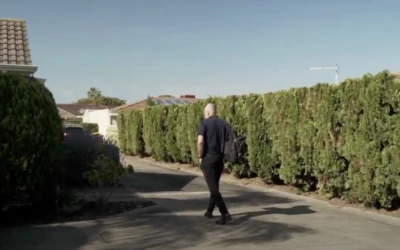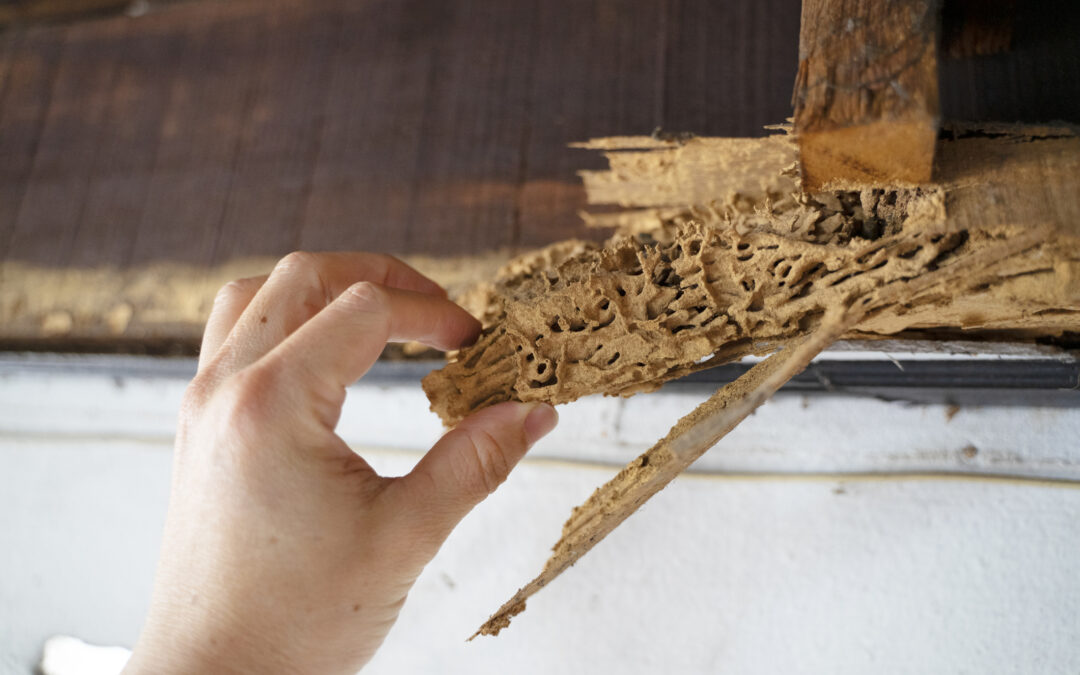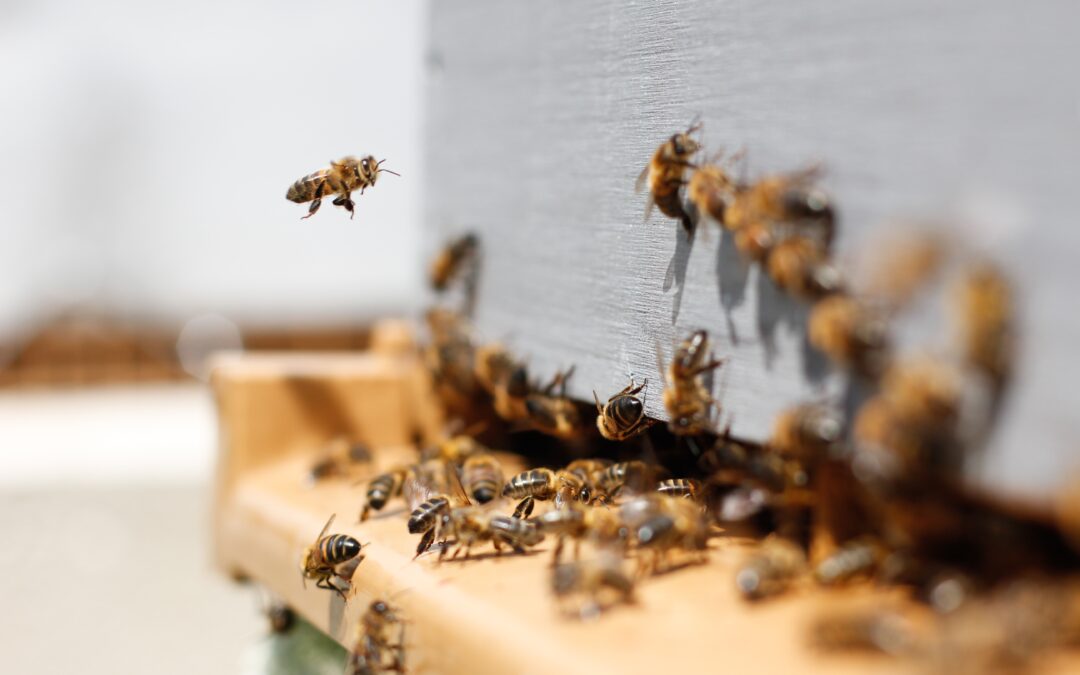
On the road with Kiki – Episode 40

On the road with Kiki – Episode 40

Exploring Pest Prevention Strategies in Adelaide: Episode 40
The first job of the day is a termite assessment at a rental property. The tenant can see that there’s some water appearing on the floor near the bathroom entry. The owner’s son came over and pulled the carpet back to reveal a wooden joint and found some termites. Kristian takes a closer look and thankfully, doesn’t see termite activity, only some moisture and wood rot. He recommends a termite inspection and some preventative treatment just in case.
The next client is also concerned about termite prevention. They’ve just recently bought a new house, which was given the all clear during a building inspection. Kristian leaves them with a quote for a termite protection system, which the client will discuss with his partner.
For the last job of the day, heads to Mount Barker for a possum assessment. The client can hear noises in the roof. Kristian climbs up for a look inside the roof space, and sees mice and rats, so he suggests installing a rodent baiting system, which the client happily accepts on the spot. And that’s it for another week
Family owned and operated, Allstate has been providing pest control services to all suburbs of Adelaide since 1986. Available 24/7, our team is fully equipped with modern, innovative and non-toxic treatments to manage pest outbreaks in residential, commercial and industrial settings. As a proud local business, we’re keen to work with other local businesses to create a brighter future for the South Australian community.
Contact Allstate today for reliable and long-lasting pest control.
Choose Allstate for safe, nontoxic treatments to
protect your home or business from pests today.







